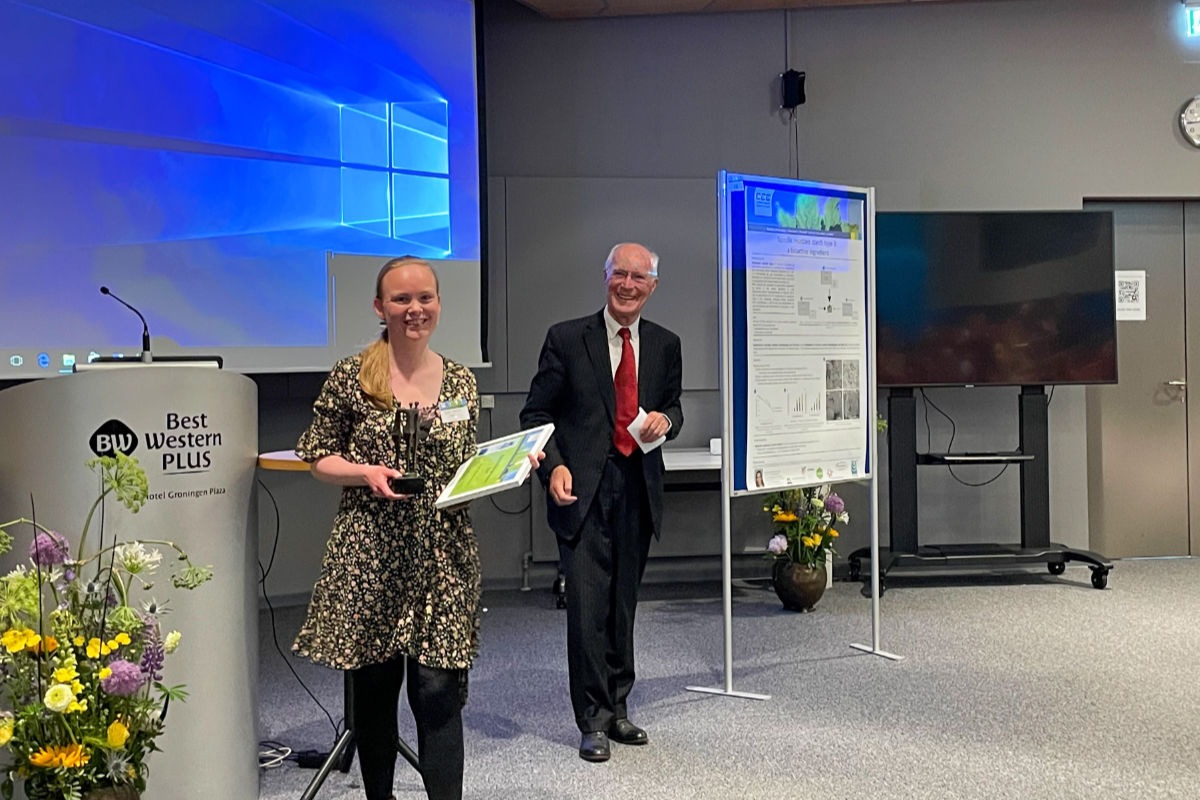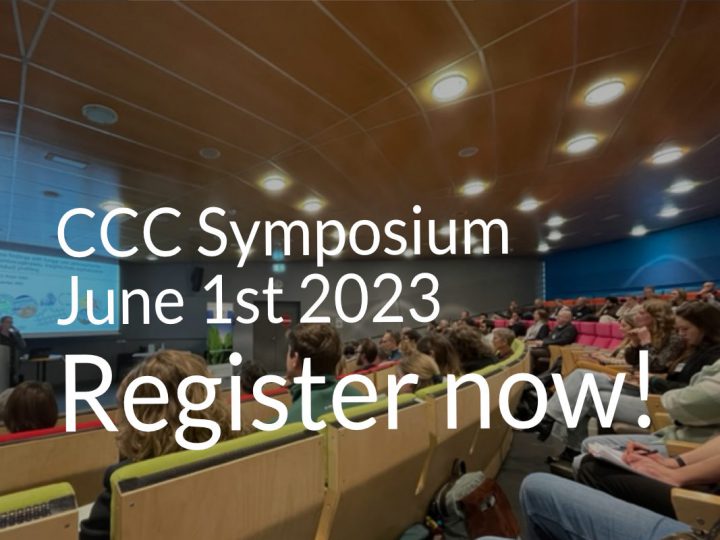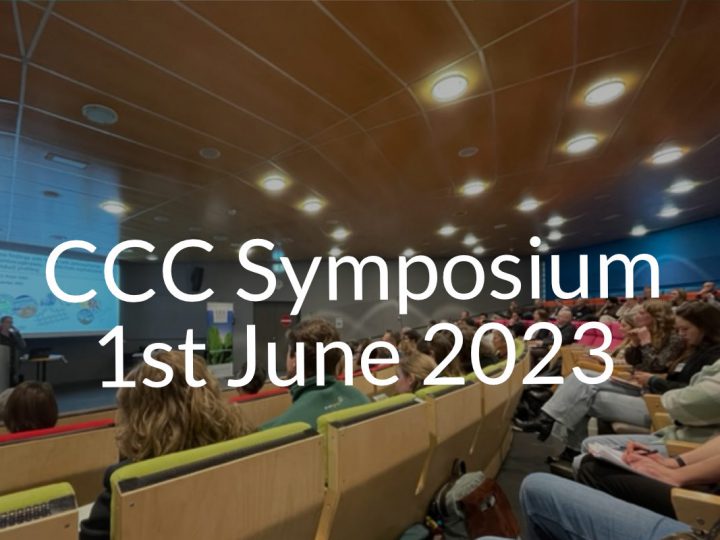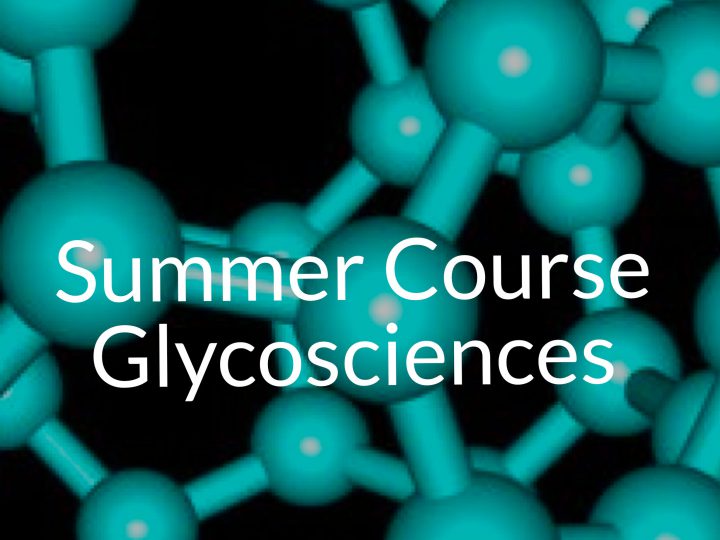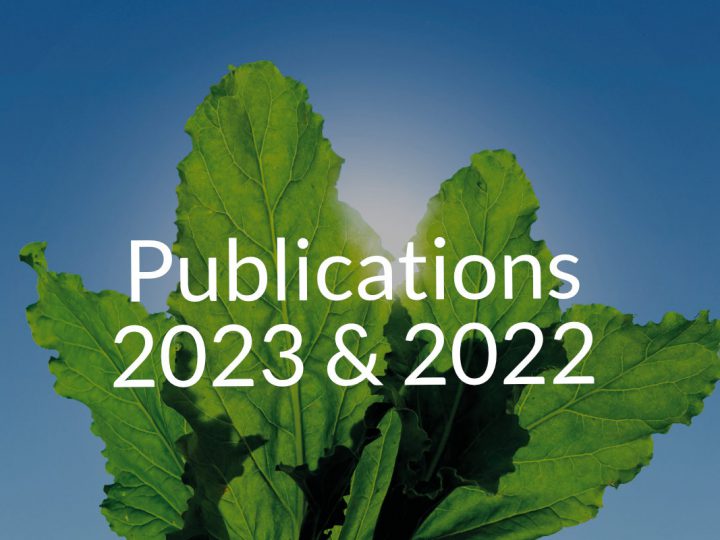The CCC spring symposium this year was organized live and gave ample time for networking during the poster sessions. It was attended by approximately 100 researchers and scientists from different companies and universities, also from abroad. It was a great opportunity to meet each other again after 2 years of online meetings and symposia. The morning session was chaired by prof. dr. Gert-Jan Euverink, while in the afternoon prof. dr. Henk Schols kindly took over the chairing of the event.
In the morning prof. dr. Adrie Minnaard from Stratingh Institute for Chemistry at the University of Groningen gave an interesting presentation with the title: “All Creatures Great and Small. The synthesis and modification of complex natural products.” In his lecture he presented the synthesis of several natural products, or the modification of them, with applications ranging from biological pest control, the immunology of tuberculosis, and the development of novel antibiotics.
The next speaker of the day was prof. dr. Manfred Wuhrer who is the Head of the Center for Proteomics and Metabolomics at the Leiden University Medical Center. He presented a toolbox for the structural and functional characterization of glycosylation. Tools for assessing the structure and function of antibody glycosylation. A tissue glycomic pipeline based on laser capture microdissection and large-scale glycomic datasets were presented revealing the glycomic signatures of prevalent human diseases.
The morning key-notes were followed by a lively poster session where researchers from CCC CarboBiotics, CarboBased and CarboSupport programs presented their latest results to the very interested audience.
The second part of the day was opened by dr. Martin Beukema, postdoc at the UMCG. The title of his speech was: “Structure-function relationship between homogalacturonan pectins and intestinal immunity: microbiota-(in)dependent effects on the gastrointestinal immune barrier.” During his talk, he gave an overview of how the degree and distribution of methyl-esters in pectins influence the gastrointestinal immune barrier through direct interactions with the immune system or indirectly through microbiota-dependent pathways.
Dr. Clara Belzer, Associate Professor at the Laboratory of Microbiology of Wageningen University gave a very insightful talk titled “Nutritional strategies for mucosal health: the interplay between microbes and mucin glycans.” In her presentation, she showed us the interplay between intestinal microbes and human mucus, and human milk oligosaccharides. Moreover, we could learn how does the glycan landscape in the gut influence the microbial colonization and activities.
Another stimulating poster- and networking session took place before the last key-note of the day.
Dr. Hans Leemhuis, principal scientist at Avebe, closed the list of the key-notes with a clear focus on starch and the development of novel starch derivatives with new functionalities. His speech was about “Starch based food ingredients and biobased materials.” He showed that starches require a mild chemical modification to deliver the desired functionalities. But there is a growing market for functional starches manufactured without chemical modification. Therefore he presented the recent developments in the enzymatic conversion of starch structures, and the use of these altered starch architectures in applications.
At the end of the symposium, the Rudy Rabbinge Prize was awarded to the best poster presenter. The jury consisting of dr. Elaine Vaughan, dr. Renate Akkerman and dr. Arjen Nauta had a tough job deciding who will win the award for the best poster. We thank the jury and appreciate their effort in evaluating the posters! Prof. Rudy Rabbinge handed over the award for the best poster of the spring symposium, Cynthia Klosterman. Congratulations!
The day was closed by drinks and bites which was yet another opportunity to network and socialize with the fellow scientists.
We look back at a fruitful CCC symposium and looking forward to the next conference in November 2022.
